The Global Waste Crisis: A Stark Reality We Must Face
Every week, we recklessly ship off 20 million items of our discarded clothing to Kantamanto in Accra, Ghana. These are not the vintage gems or cherished hand-me-downs one might imagine. They're the remnants of our unchecked consumption, our unwanted leftovers. An unfathomable 40% of these textiles are discarded as waste, an environmental monstrosity we've conveniently chosen to ignore.
The Sins of Our Past
This isn't a new trick we're pulling. In the 1970s and '80s, Western companies were exposed for exporting expired baby formula to developing nations. We called it aid, but the bitter truth? Countless infants suffered malnutrition and disease. Today, we're repeating this grotesque history with textile waste, shifting our problems onto the shoulders of countries like Ghana under the deceitful guise of opportunity.
The sheer audacity of our actions is both shocking and heartbreaking. But maybe this grim reminder can be a catalyst for change. We've done it before - we can do it again.
Our Plastic Legacy: A Severe Indictment
The textile waste in Ghana isn't an isolated issue. For decades, Asia has been the unwilling recipient of our plastic waste. Imagine the Pacific Ocean, once a vibrant marine sanctuary, now suffocating under a floating blanket of our discarded plastic.
Rivers in Southeast Asia have turned into conveyor belts carrying our discarded plastic to the ocean. Microplastics, ingested by marine life and entering our food chain, pose a silent yet deadly threat. This isn't just our legacy; it's our indictment.
The Unvarnished Truth
In Accra, over 100 tonnes of our textile waste are dumped daily. Once vibrant markets are now fading under the weight of our discarded textiles. The bustling noise is being drowned out by the silent plea of our planet.
Time to Change: From Elitism to Empathy
We don't have to let history repeat itself. We can choose a different path. We've seen the devastation caused by our waste, and we've taken steps to make amends. It's time to do it again.
"Overconsumption and the inevitable waste it generates is one of the biggest challenges facing us today. We can't just recycle our way out of it. We need to produce less and use things longer." - Annie Leonard, Executive Director of Greenpeace USA
The Circular Economy: An Unrealized Promise
The concept of a circular economy holds the key to the solution. By transforming waste into new products, we can reduce landfill and mitigate pollution. But this golden opportunity must be rooted in respect, equity, and transparency, not in the illusion that our waste is a gift to others.
But here's the catch: plastics can only be recycled a few times at most. So even if we manage to turn our plastic waste into something valuable once or twice, what happens next? Where does it end up? What is our long-term plan? As it stands, we're merely postponing the inevitable, pushing the problem further down the road.
A Rallying Cry
We need to curb our consumption and ensure that our exported waste is valuable. We need to make conscious choices about what we buy, wear, and discard. We must demand more from the brands we patronize and push for policies that prevent our waste from becoming someone else's burden.
The global waste crisis isn't just an issue for Ghana or Asia – it's ours too. It's a crisis we must face together. And if history has taught us anything, it's that when we come together, united by a common cause, we can change the world. So let's roll up our sleeves and get to work. Our planet deserves nothing less.
But let's not sugarcoat it. This is not a hopeful piece. This is a harsh reality check. The circular economy might be the solution but we are far from an equal partnership opportunity. This is a burden we've imposed on others, and it's high time we bear it ourselves.
It’s true, there are glimmers of hope. There are breakthroughs in upcycling plastic waste, innovative startups using hard-to-recycle waste to build affordable housing, and countries like Thailand upcycling plastic bottles to make PPE protective gear. Even my own brand, Nudnik, is part of this wave of change. But these are micro stories in the face of a colossal crisis. Our planet is drowning in waste, and we're not slowing down.


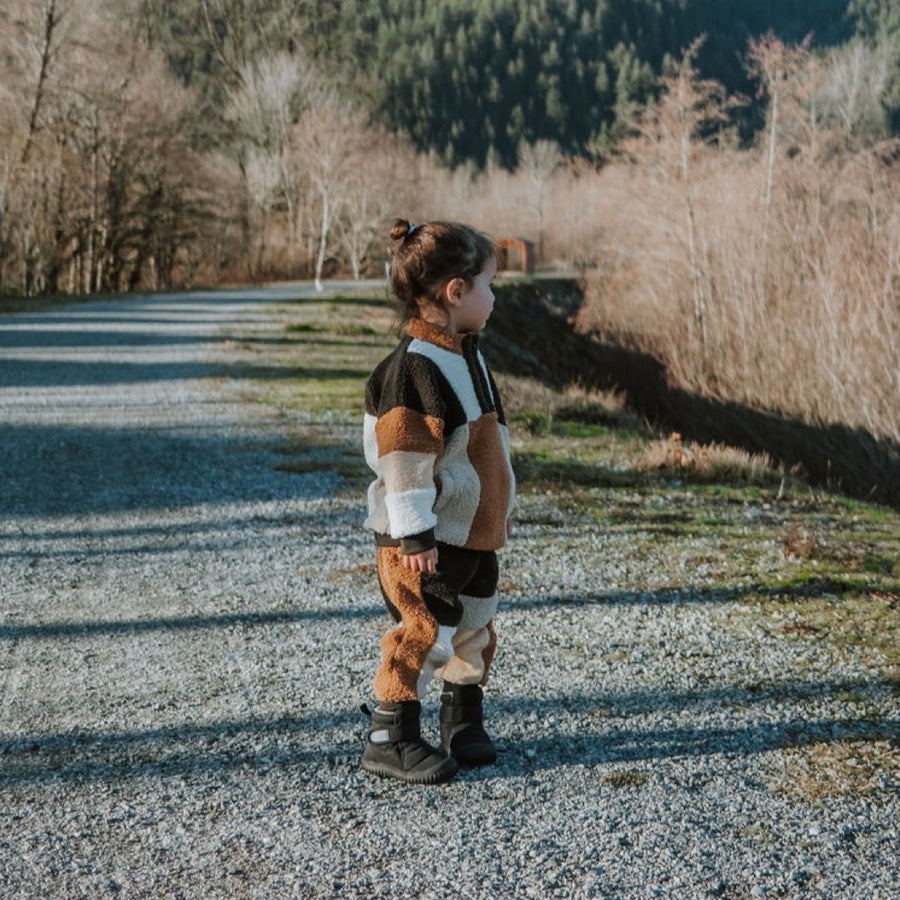
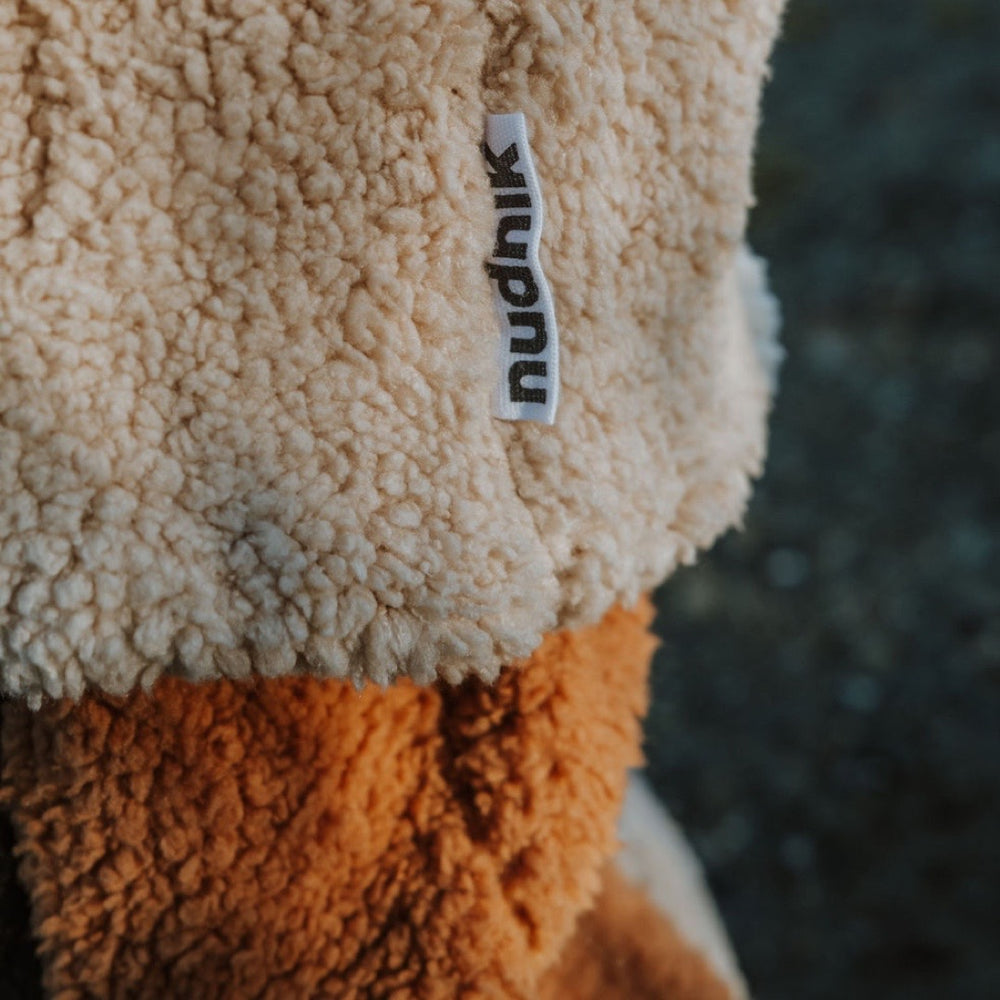
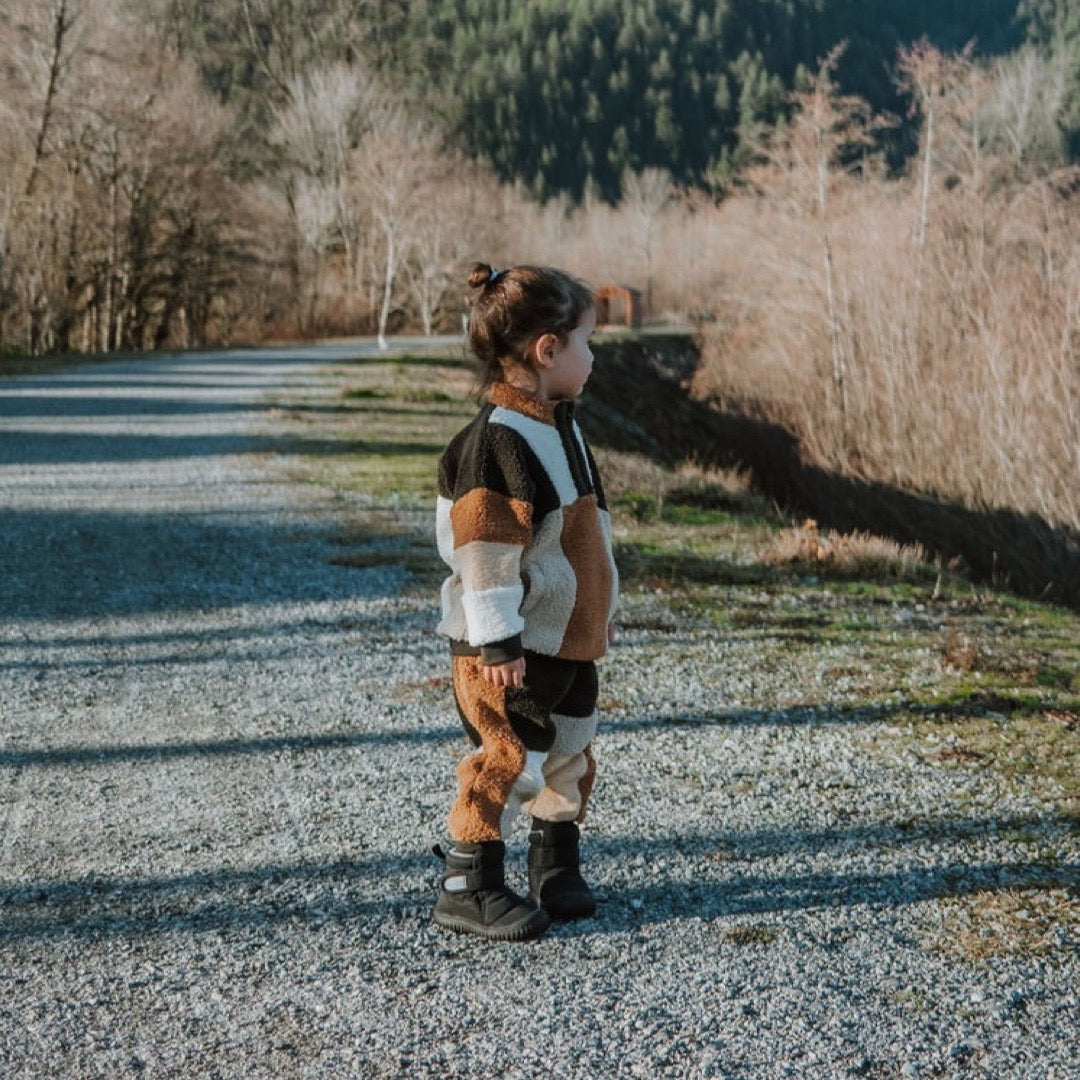
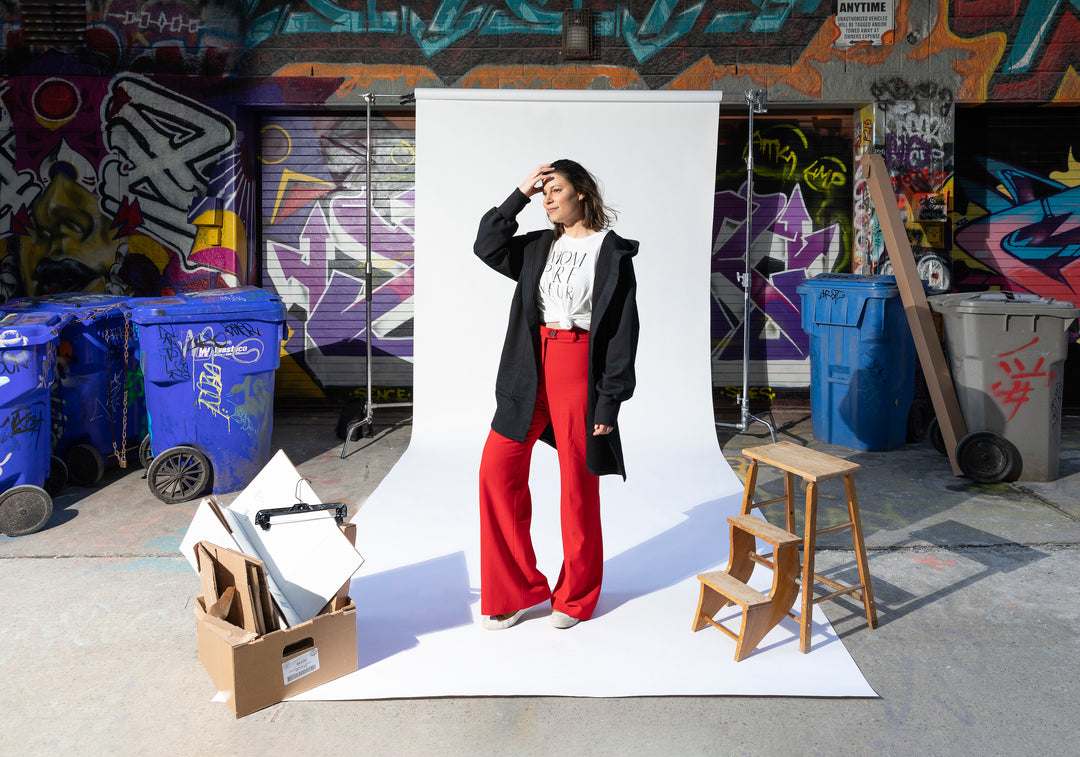

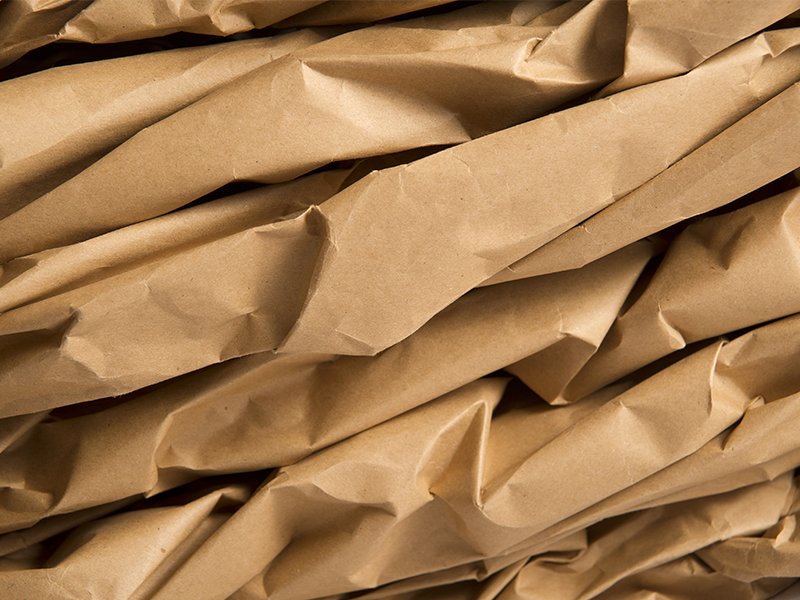
Leave a comment